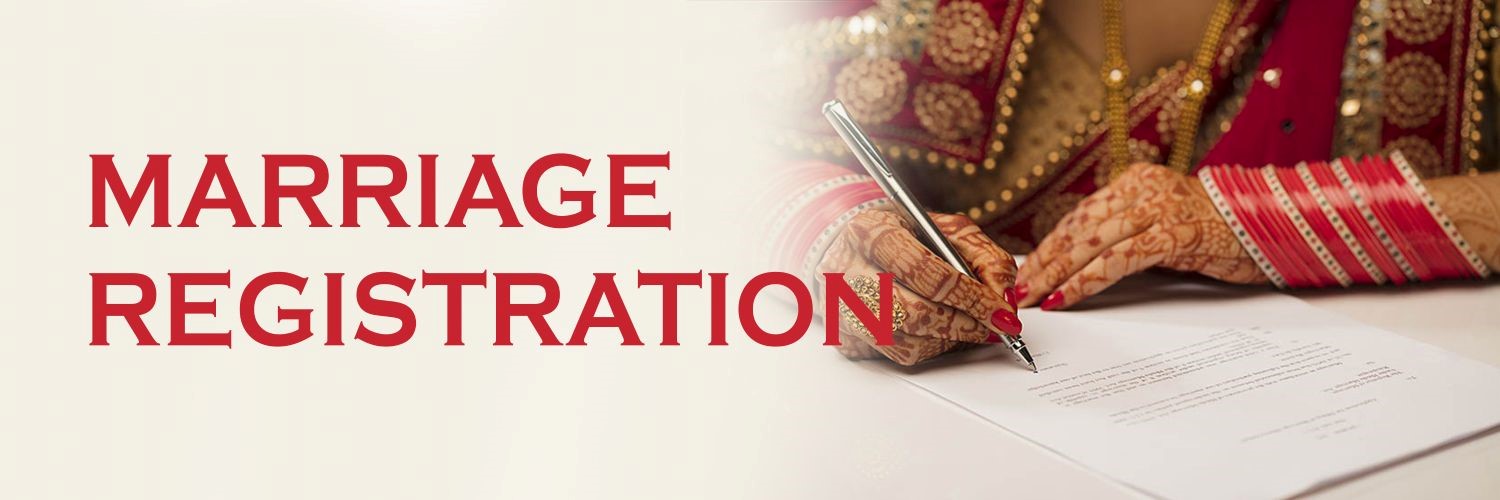
Disclaimer: Copyright infringement not intended.
Context
- The Supreme Court recently delivered a significant ruling regarding the marital status of a Hindu couple, asserting that despite possessing an official marriage certificate, they never attained the status of husband and wife.
MUST READ ARTICLE ON THE BACKGROUND OF TIS NEWS: https://www.iasgyan.in/daily-current-affairs/supreme-court-rules-no-ceremony-no-marriage-under-hindu-marriage-act
Key Finding
- The court's decision stemmed from the fact that the couple's marriage was registered under the Hindu Marriage Act, 1955 (HMA), prior to performing the traditional wedding rituals.
- Consequently, the court determined that the couple did not legally marry according to Hindu customs.
Implications
The ruling raises pertinent questions regarding the registration and solemnization of marriages, shedding light on the following issues:
Legal Recognition vs. Traditional Customs
- The case underscores the divergence between legal recognition, conferred through registration under the HMA, and the fulfillment of traditional marriage rites.
- While registration may provide legal validation, adherence to customary rituals remains significant for many communities.
Necessity of Marriage Registration
- The ruling prompts reflection on the necessity of marriage registration and its implications for establishing marital status.
- Despite possessing a marriage certificate, the couple's failure to fulfill traditional rituals led to a legal void in their marital status, highlighting potential complexities in legal interpretation.
Importance of Clarification
- The Supreme Court's observations emphasize the need for clarity in legal interpretations concerning marriage registration and solemnization.
- The ruling serves as a reminder of the importance of aligning legal procedures with cultural and religious practices to ensure comprehensive recognition of marital unions.

Understanding Registered Marriages
Distinction from Solemnized Marriages
- Registration of a marriage after solemnization differs from a registered marriage.
- Terms like 'court marriage' or 'registered marriage' typically denote a non-religious or civil marriage conducted under the Special Marriage Act, 1954 (SMA).
Court Marriage under SMA
- A court marriage under the SMA is essentially a civil solemnization conducted in a registrar's office without religious rituals.
- Marriages under the SMA are recognized as legally valid without the requirement of religious ceremonies.
Validity under Personal Laws
- Marriages solemnized under personal laws, such as the Hindu Marriage Act (HMA), necessitate the performance of specific religious rituals for validity.
- Rituals prescribed by religion, such as those outlined in the HMA for Hindus, are integral to the validation of marriages under personal laws.
Significance of Registration
- Registration of marriages, whether solemnized with or without religious rituals, is crucial for legal recognition and documentation.
- Registration ensures the formal acknowledgment of marital unions by governmental authorities, facilitating various legal rights and entitlements for spouses.
Legal Implications
- Marriages without religious rituals are valid under the SMA, while those under personal laws require adherence to specific religious customs for validity.
- Understanding the distinction between registered marriages under the SMA and solemnized marriages under personal laws elucidates the diverse legal frameworks governing marital unions in India.
- A marriage certificate alone may not suffice to prove the validity of a marriage in contested cases, except under the Special Marriage Act (SMA).
- Under Section 13(2) of the SMA, a certificate issued by the Marriage Officer is considered conclusive evidence of solemnization and compliance with formalities.
Reliability of Registration
- In Muslim and Christian marriages, registration typically occurs immediately after solemnization, enhancing the reliability of evidence.
- Unlike Hindu weddings, where the officiating priest does not routinely certify the marriage, Muslim and Christian marriages involve immediate registration with witnesses present.
Presumption of Marriage
- The law recognizes a presumption of marriage when a man and woman cohabit continuously, even without direct evidence.
- Section 114 of the Indian Evidence Act allows courts to presume the existence of facts based on common natural events and human conduct.
Legal Ramifications
- Validity of marriage rituals becomes pivotal in determining rightful spouses in cases involving multiple cohabiting partners, such as bigamy trials and inheritance disputes.
- In bigamy cases, proving the invalidity of one marriage is crucial to avoid charges of marrying twice, while in inheritance disputes, marriage validity may impact spousal inheritance rights.
Evidentiary Considerations
- Evidence of performing valid marriage rituals, long cohabitation as spouses, and acceptance by family and friends holds significance in legal proceedings.
- While a marriage certificate has corroborative value, it cannot serve as standalone evidence and must be supplemented by other proofs.
Conclusion
- Navigating the legal intricacies of marriage validity underscores the importance of understanding evidentiary requirements and legal presumptions.
- While registration enhances the reliability of evidence in Muslim and Christian marriages, Hindu weddings rely more on customary practices. In cases of contested marriages, corroborative evidence such as photos, witness testimony, and familial acceptance becomes crucial in establishing marital validity and determining legal ramifications.
READ: https://www.iasgyan.in/daily-current-affairs/special-marriage-act-6
|
PRACTICE QUESTION
Discuss the significance of ceremonial rites in the validity of marriages under the Hindu Marriage Act as elucidated by the Supreme Court's recent ruling. Analyze the implications of the 'samskara' aspect of marriage, emphasizing its religious and legal dimensions.
|
SOURCE: THE INDIAN EXPRESS




